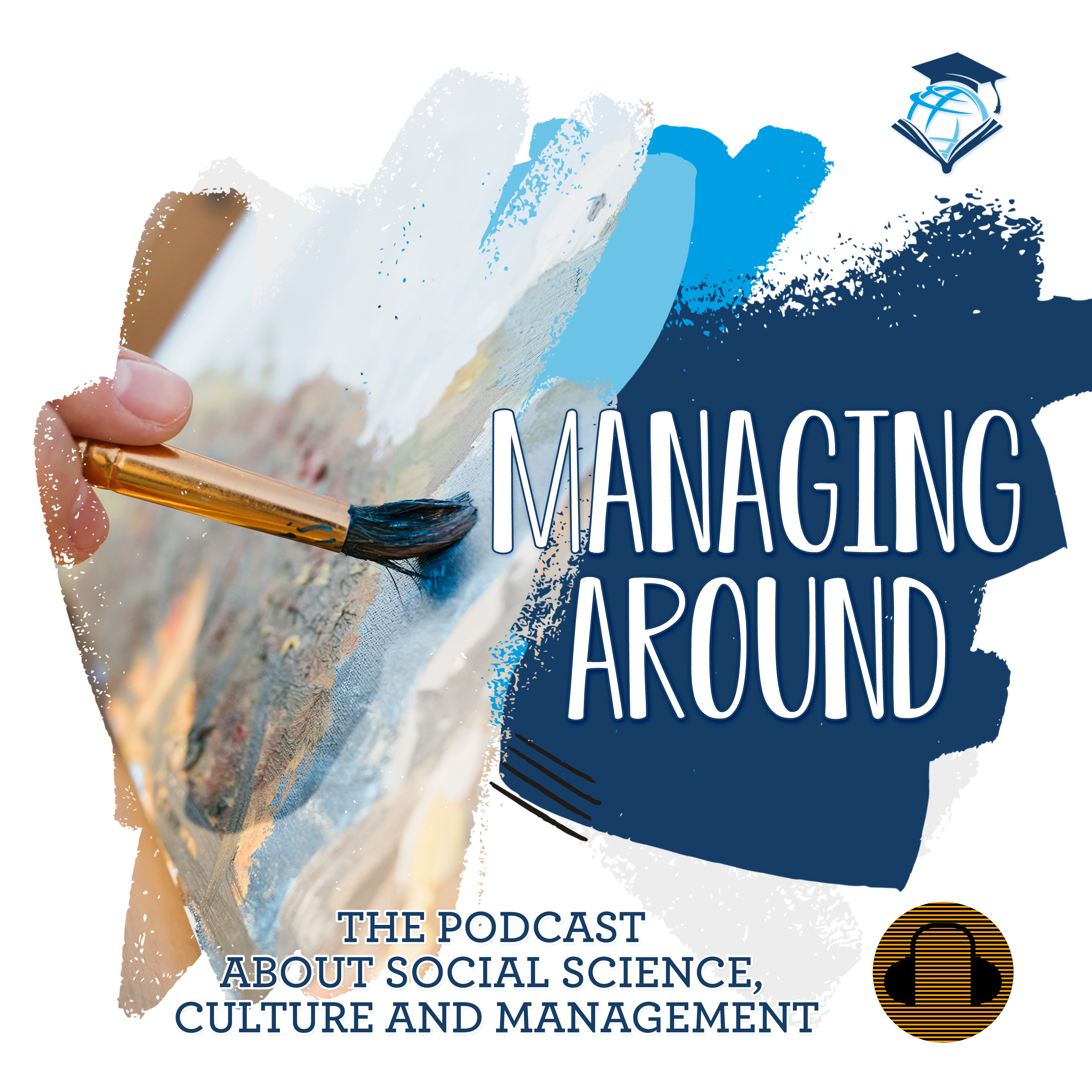Today, we’re diving into the fascinating world of Public Governance. We’ll explore its different concepts and their applications, particularly in the social and healthcare sectors.
In this episode, we will explore what it really takes to transform diversity from a well-meaning concept into a robust practice that enriches our work and the communities we serve.
Today, we dive into how these concepts are revolutionising the way we think about and manage social work, transforming challenges into innovative solutions.
Have you ever wondered what separates the best from the rest in the world of management? What if I told you there's a secret tool that has transformed how we understand leadership, innovation, and organisational development? – The magic is simply the Critical Incident Technique or CIT.
We are drawing inspiration from Paul Bate's seminal work, "Strategies for Cultural Change," in which he challenges traditional views of organisational culture.
In this episode, we will embark on a journey to let you understand what systematic reviews are and how you could use this extraordinary tool to capture an aerial photo from your research.
The study underscored the importance of formative feedback, the potential of design-based teaching, and the profound impact of 'Critical Learning Incidents' on a student's journey.
Coaching is a powerful tool that can help social workers develop skills, improve performance, and achieve goals.
Join me as I present the first findings after I spoke with experts in the field, policymakers, and those in leadership positions of welfare providers to uncover what it takes to build a welfare system that can withstand the test of time.
